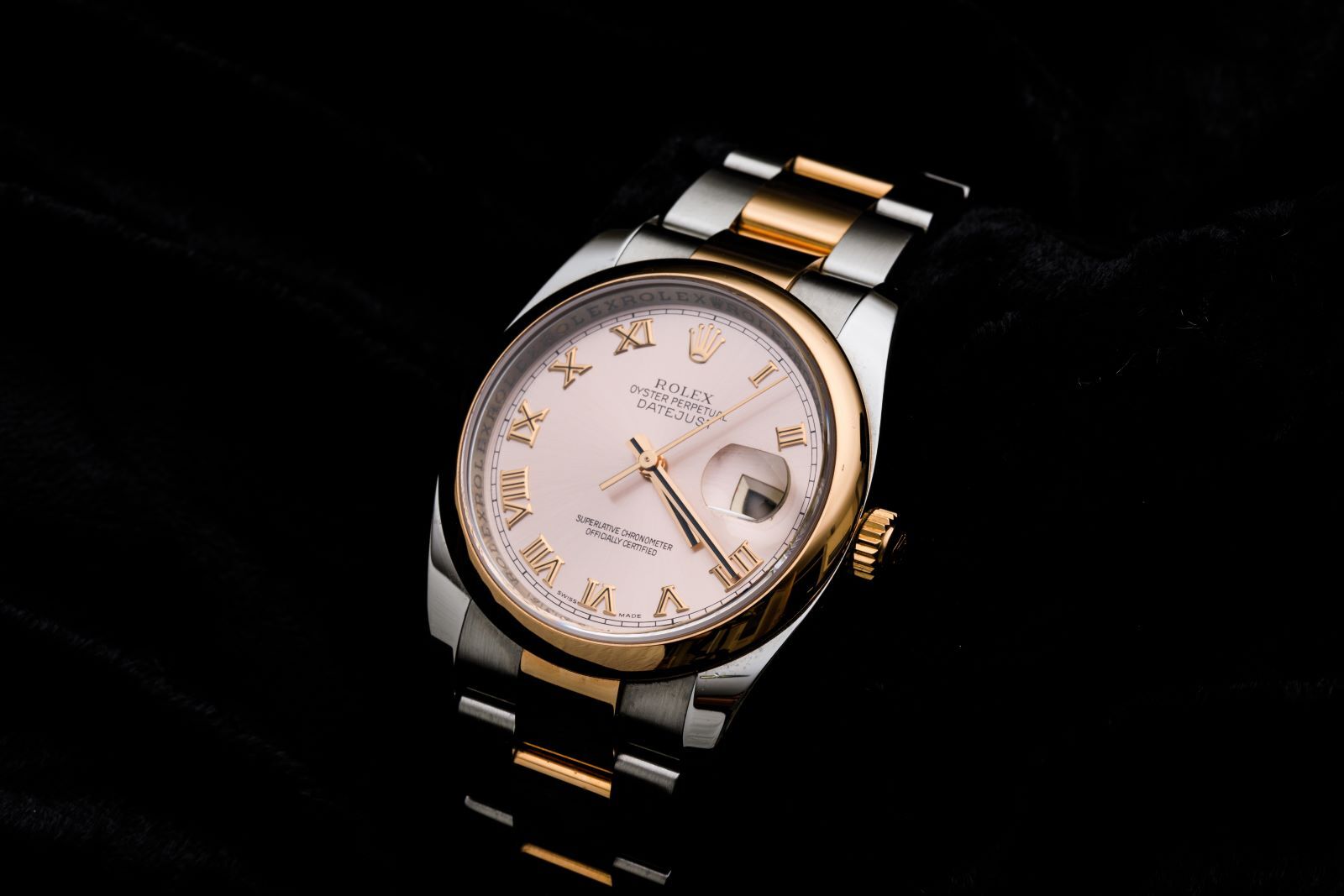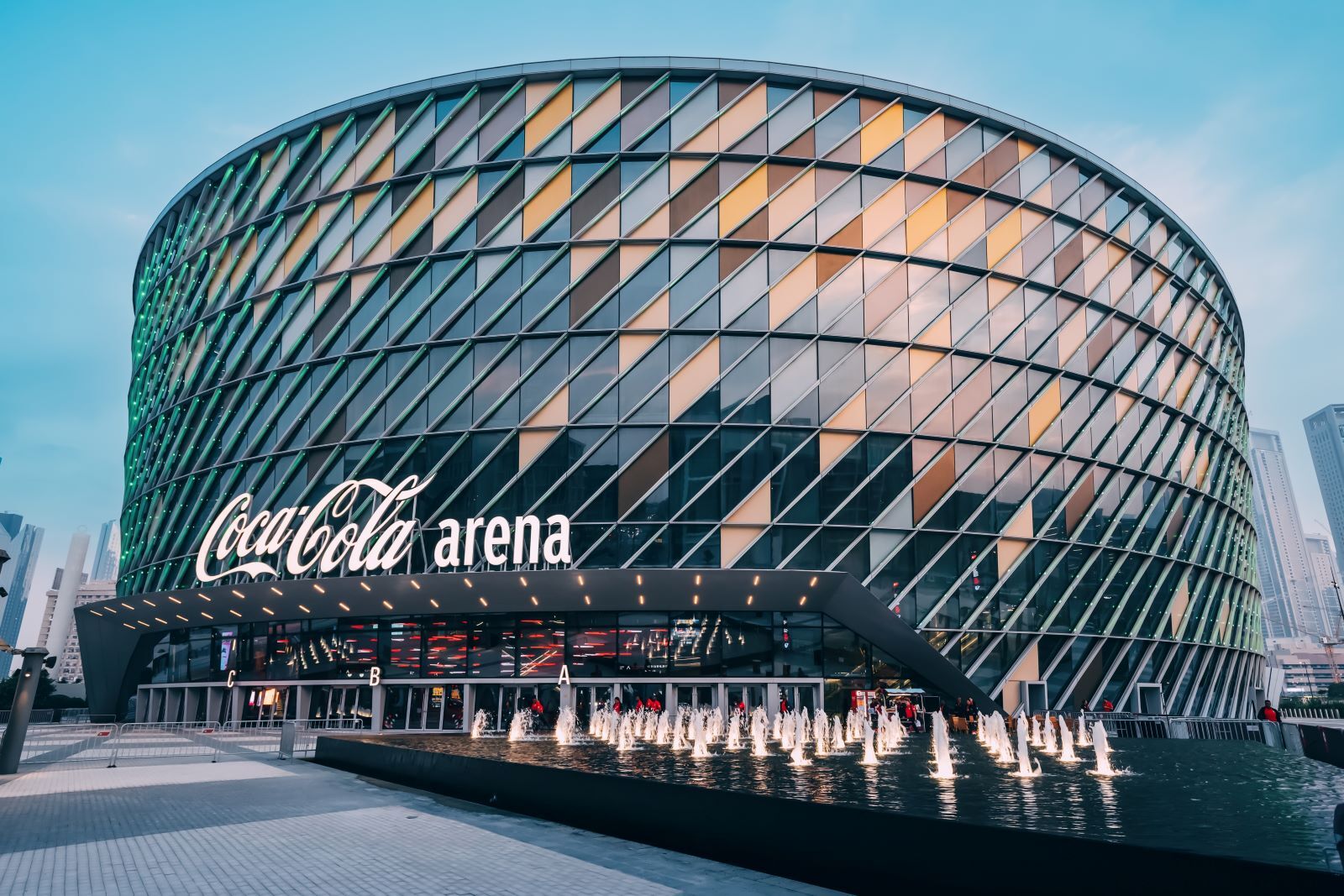Global Banking in Dubai’s DIFC: A Comprehensive Overview
Published: 20 August 2025
Over the past two decades, from its 2004 debut as the Middle East’s premier financial hub, DIFC has attracted leading banks from around the world. Regulation is provided by the Dubai Financial Services Authority (DFSA), an independent regulator that supervises all financial and ancillary services within DIFC. Modelled on international standards, it constitutes a separate authority from the UAE Central Bank, and together with a common-law court system, the centre anchors wholesale banking, capital markets, and private banking for the wider MEASA region. Now home to over 260 banking and capital markets institutions, the DIFC includes 27 of the world’s 29 globally important banks. Below, we map the institutions licensed in DIFC in 2025 – from investment banks to Swiss private houses.
.jpg?width=1000&height=667&name=unnamed%20(50).jpg)
J.P. Morgan Chase & Co.
J.P. Morgan Chase & Co. is the largest U.S. bank and an early DIFC entrant, operating a DFSA-regulated branch that serves as its regional hub. From Dubai, it provides investment banking, markets, and private-wealth services to governments, corporates, and UHNW clients, and in 2024 expanded its International Private Bank team to capture growing Gulf demand.
Goldman Sachs
Goldman Sachs is one of the world’s most influential investment banks, active across global capital markets, M&A, and asset management. In the Middle East, where it has been DFSA-authorised since 2006, the DIFC office serves as a hub for sovereign and corporate advisory, financing, trading, and asset management, anchoring the firm’s institutional franchise across the Gulf.
Morgan Stanley
Morgan Stanley spans capital markets, advisory, asset management, and wealth management, and has long advised Middle Eastern sovereign wealth funds and corporates while serving affluent clients via its wealth arm. DFSA-authorised since 2006, it runs its regional headquarters from DIFC, providing investment banking, capital markets, sales and trading (including commodities), investment management, and private-wealth services. The Dubai platform anchors its Middle East franchise within a common-law, DFSA-regulated environment.
Bank of America (Merrill Lynch)
A DFSA-authorised branch in the DIFC, Bank of America operates its regional investment-banking and markets franchise – underwriting, M&A advisory – coordinating closely with London and New York to oversee Gulf transactions, including activity on Nasdaq Dubai. Across the region, it advises governments and corporates and services institutional and UHNW clients via its global platform.
Citigroup (Citibank)
Citigroup has a longstanding UAE footprint, with Dubai as one of its global wealth hubs. DFSA-authorised since 2006, its DIFC regional office focuses on corporate and investment banking – cash management, trade finance, capital markets, and advisory – while retail remains onshore. The DIFC site also hosts parts of Citi’s wealth management and regional treasury functions.
Wells Fargo & Royal Bank of Canada (RBC)
These two institutions maintain a DIFC presence geared towards institutional and wealthy clients. Wells Fargo Bank N.A. runs a limited-licence branch – concentrating on arranging deals, corporate lending, and trade finance – to underpin cross-border activity with regional financial institutions. RBC oversees a Dubai wealth office catering to family offices and HNWIs with portfolio and trust services and is widening its remit in step with rising demand across the GCC.
Barclays
Barclays delivers corporate and investment banking alongside private banking through Barclays Wealth. Its branch in DIFC serves as the regional headquarters for its corporate and Investment Banking business in the GCC. Its remit encompasses arranging loan syndications, steering capital-markets deals, and housing its private-banking team for the Gulf. Barclays is a solid yet selective regional player – engaged in infrastructure and capital-markets mandates, but without a retail footprint.
HSBC
HSBC provides retail banking (outside the DIFC) alongside corporate lending, trade finance, investment banking, and private banking across the Middle East. In 2016, it shifted its regional head office to DIFC, bringing the DFSA in as its lead regulator and consolidating its wholesale activities within the Centre.
HSBC ranks among the region’s principal lenders and trade-finance institutions, cultivating long-standing ties with sovereign clients, corporates, and private-banking families.
Standard Chartered
Standard Chartered holds one of the broadest Middle East footprints among foreign banks, spanning Islamic banking through Standard Chartered Saadiq, as well as corporate and institutional, commercial, and private banking. Its MEA regional headquarters is located in DIFC, and as one of the DFSA’s early licensees, it channels large corporate loans and investment flows through Dubai. As a leading foreign player in the region, it combines a strong Islamic-banking franchise with deep corporate and institutional relationships, anchored by its long-established presence in the Gulf.
UAE-headquartered Banks in DIFC
Alongside global names, several Emirati institutions maintain DFSA-authorised entities in the Centre, primarily for wholesale, investment and asset-management activities rather than retail: Emirates NBD Group operates Emirates NBD Capital Limited (investment banking; licensed 2006) and Emirates NBD Asset Management Limited (fund manager for ENBD REIT), Mashreq Group runs Mashreq Capital (DIFC) Limited (asset management, dealing and arranging, with an Islamic window), Dubai Islamic Bank PJSC holds a DIFC licence for specific wholesale and Abu Dhabi Islamic Bank controls a DFSA-licensed fund-management platform that manages sharia funds, including the ADIB Monthly Income Sukuk Fund. Many other UAE banks interact with the Centre via capital-markets activity – for example, listings on Nasdaq Dubai – while keeping retail operations onshore under UAE Central Bank supervision.
Swiss Private Banking in DIFC
Union Bank of Switzerland (UBS) directs its Middle East operations from DIFC through a DFSA-regulated branch devoted to private banking and institutional business; it does not carry a UAE retail licence, making the Centre its principal booking base. Credit Suisse (now part of UBS) holds a significant DIFC presence in private banking and Lombard lending; those activities are now carried out via UBS’s Dubai platform. Julius Baer specialises in wealth management for high-net-worth individuals, providing discretionary portfolio management, wealth planning, and credit structuring; it was the first bank licensed by the DFSA in 2004 and has built up a major presence in the flagship tower of ICD Brookfield Place. Lombard Odier attends to ultra-high-net-worth families and entrepreneurs, providing investment advisory, family-office support, and Islamic-compliant solutions. They upgraded to a DFSA advisory licence in 2023, expanding their DIFC team. Pictet & Cie serves private clients and family offices with discretionary and advisory mandates, having moved from a representative office to a full DIFC branch while placing assets through its global custody network.
French Corporate Banks in DIFC
BNP Paribas commands a strong corporate and institutional franchise, particularly in project and trade finance, and retains private-banking capabilities; its DIFC branch coordinates advisory and capital-markets activity across the Gulf. Société Générale concentrates on structured and asset finance and equity derivatives for regional corporates and institutions, overseeing advisory and capital-markets mandates from its DIFC branch. Taken together – alongside peers such as Crédit Agricole CIB – these entries constitute a sizeable French presence in the Centre.
German Banking in DIFC
Deutsche Bank provides corporate finance, transaction banking, capital markets services, and wealth management. It plays a prominent role in regional bond and sukuk markets, major transactions, and custody and escrow. Licensed in the DIFC since its early years, it operates a substantial branch that directs its regional investment-banking and wealth-management work – spanning FX, trade finance, and asset management – and has been strengthening its Dubai wealth team in step with rising UAE demand.
Spanish Private Banking in DIFC
Banco Santander, Spain’s largest bank, serves high- and ultra-high-net-worth clients through Santander Private Banking. In 2024, it established its first Middle East regional headquarters in the DIFC, introducing portfolio management, wealth planning, and lending solutions for clients across the region.
Chinese State-owned Banks in DIFC
Representing the core of China’s presence in the DIFC, Industrial and Commercial Bank of China (ICBC) underpins China-Gulf trade and investment through corporate banking, trade finance, and project lending, with its branch in the district serving as a wholesale hub. China Construction Bank (CCB) – another major Chinese bank – builds on this platform with corporate and project finance, often in energy and infrastructure, and participates in regional capital markets activity, including placements on Nasdaq Dubai. Bank of China (BOC), by contrast, is instrumental in RMB settlement, cross-border syndications, concentrating on wholesale rather than local retail. Agricultural Bank of China (ABC), for its part, channels support to corporates in commodities and infrastructure, providing trade finance, bilateral facilities, and syndications. Finally, the Bank of Communications (BoCom) focuses on wholesale banking – trade services, loans, and treasury – while, together with its peers, financing energy and logistics projects and arranging bond and sukuk placements in Dubai’s markets.
Japanese Banks and Wealth Management in DIFC
MUFG Bank, the core banking arm of Mitsubishi UFJ Financial Group, leads Japan’s banking footprint in the DIFC. It serves Japanese corporates and regional counterparties with project finance, export-credit-backed facilities, and syndicated lending, while linking Gulf issuers to distribution channels in Asia. Alongside MUFG, Sumitomo Mitsui Banking Corporation (SMBC) specialises in structured and project finance – particularly in power, utilities, and transport – originating and coordinating regional mandates from its DIFC branch. Mizuho Bank, meanwhile, delivers corporate banking, trade-finance solutions, and debt-capital-markets support to regional issuers and Japanese clients. Rounding out the group, Nomura, Japan’s leading financial services institution, has introduced international wealth management from its DIFC branch serving affluent Asian and Middle Eastern clients, while complementing its global markets and investment-banking capabilities with on-the-ground private-client coverage.
The Outlook
DIFC’s strength rests not only in its scale but in the diversity of institutions it accommodates, from global banks and insurers to asset managers and fintech firms. This layered ecosystem lends resilience and positions DIFC as a marketplace that unites international capital and Gulf ambitions in shaping a robust financial future for the region.



